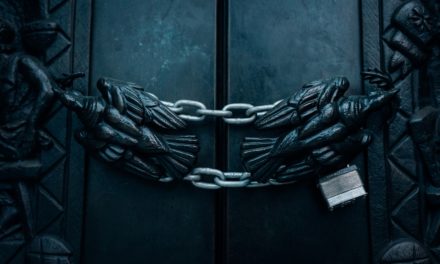Matthew 21:23–27: By What Authority?
Introduction
As Jesus continues to unveil the full glory of his ministry in Jerusalem, we cannot expect that he will continue unchallenged. His teaching is a direct threat to the authority of the religious leaders, and the power and popularity of his deeds only paint a brighter target on his back. So, as the chief priests and elders confront Jesus in Matthew 21:23–27, Jesus must answer an important question: By what authority does he do the things that he is doing? Even the Lord Jesus Christ does not claim that he is his own authority. Instead, by appealing to John the Baptist, Jesus explains the source of his authority that he has professed all along: Jesus came to do the will of his Father in heaven.
Discussion Questions
1. What group did “the chief priests and the elders of the people” represent (v. 23a)? What kind of authority did that group exercise within Israel? What is included in “these things” about which the chief priests and elders confront Jesus (v. 24b)? Why do they ask Jesus about his authority? Why do they ask about the source of his authority? What were they hoping to accomplish by this line of questioning?
2. Is it intellectually honest for Jesus to respond to their question with his own question (v. 24)? If he was not evading their question, then why did he respond in this way? Why did Jesus ask the chief priests and elders about the authority of John the Baptist? What did John the Baptist confess about Jesus? How does the answer to the question that Jesus posed relate to the question that the chief priests and elders had posed to him?
3. Why did Jesus ask about the baptism of John the Baptist? Why would baptism have been offensive to the chief priests and elders (John 1:25)? How does baptism represent the whole course of John’s ministry? How does baptism represent the whole course of gospel ministry today? Why do the religious leaders struggle to answer Jesus’ question? What does this suggest about the limits and the legitimacy of their authority among God’s people?
4. What degree of authority do you claim over your own life? What degree of authority do you exercise over your own life, even in ways that you might not express outwardly? What authority does the Bible say that you have over your own life? What kind of authority has God entrusted to the church, as exercised by the officers of the church? How does this authority relate to the Jesus, who possesses all authority in heaven and earth (Matt. 28:18)?




